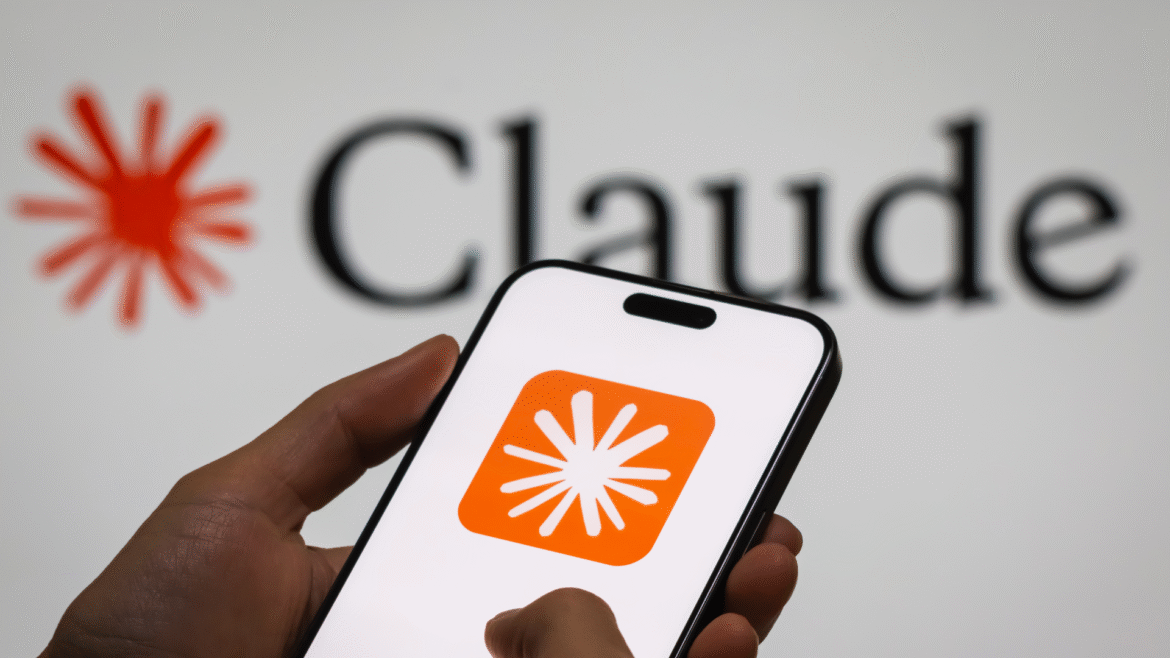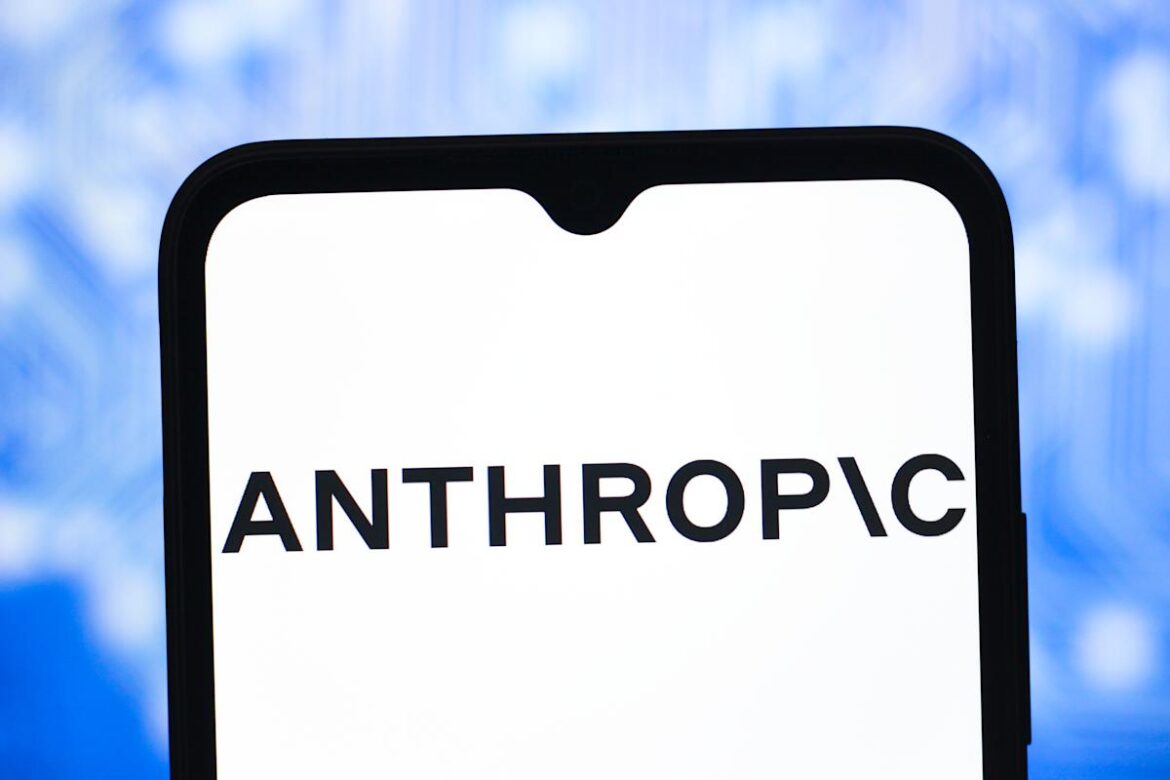In brief
Hi, it’s Guido on hunger strike Day 23 outside the offices of Anthropic, going strong.
There is a great and profound evil in this place.
Each day, I sit and watch at lunch time and dinner time as delivery drivers on scooters and bikes stop at the curb and bring packages of… pic.twitter.com/vnYEGvzPOv
— Guido Reichstadter (@wolflovesmelon) September 25, 2025
Hi, my name’s Michaël Trazzi, and I’m outside the offices of the AI company Google DeepMind right now because we are in an emergency.
I am here in support of Guido Reichstadter, who is also on hunger strike in front of the office of the AI company Anthropic.
DeepMind, Anthropic… https://t.co/RJQCGxwTPY pic.twitter.com/KsCeVkcky8
— Michaël (in London) Trazzi (@MichaelTrazzi) September 5, 2025
Generally Intelligent Newsletter
A weekly AI journey narrated by Gen, a generative AI model.









